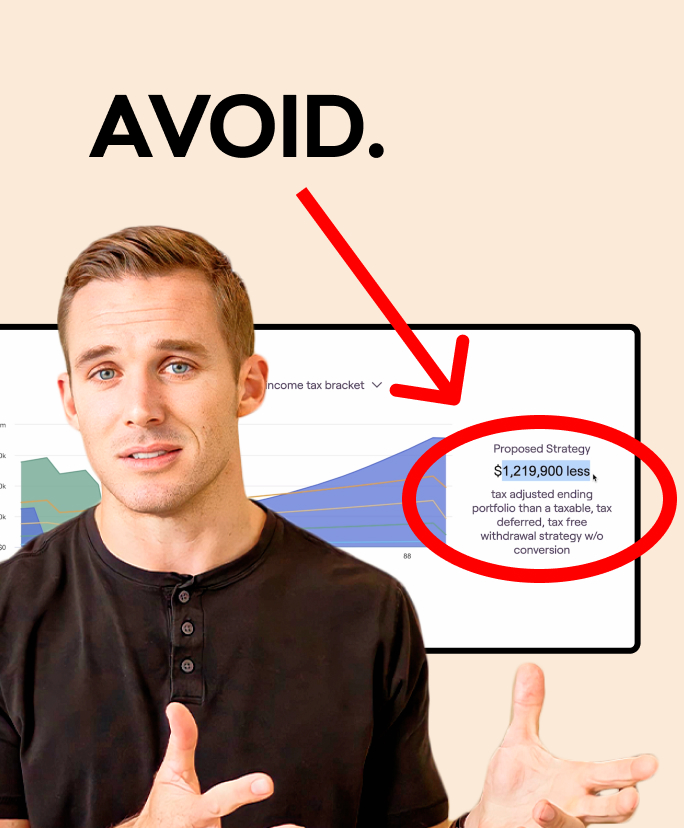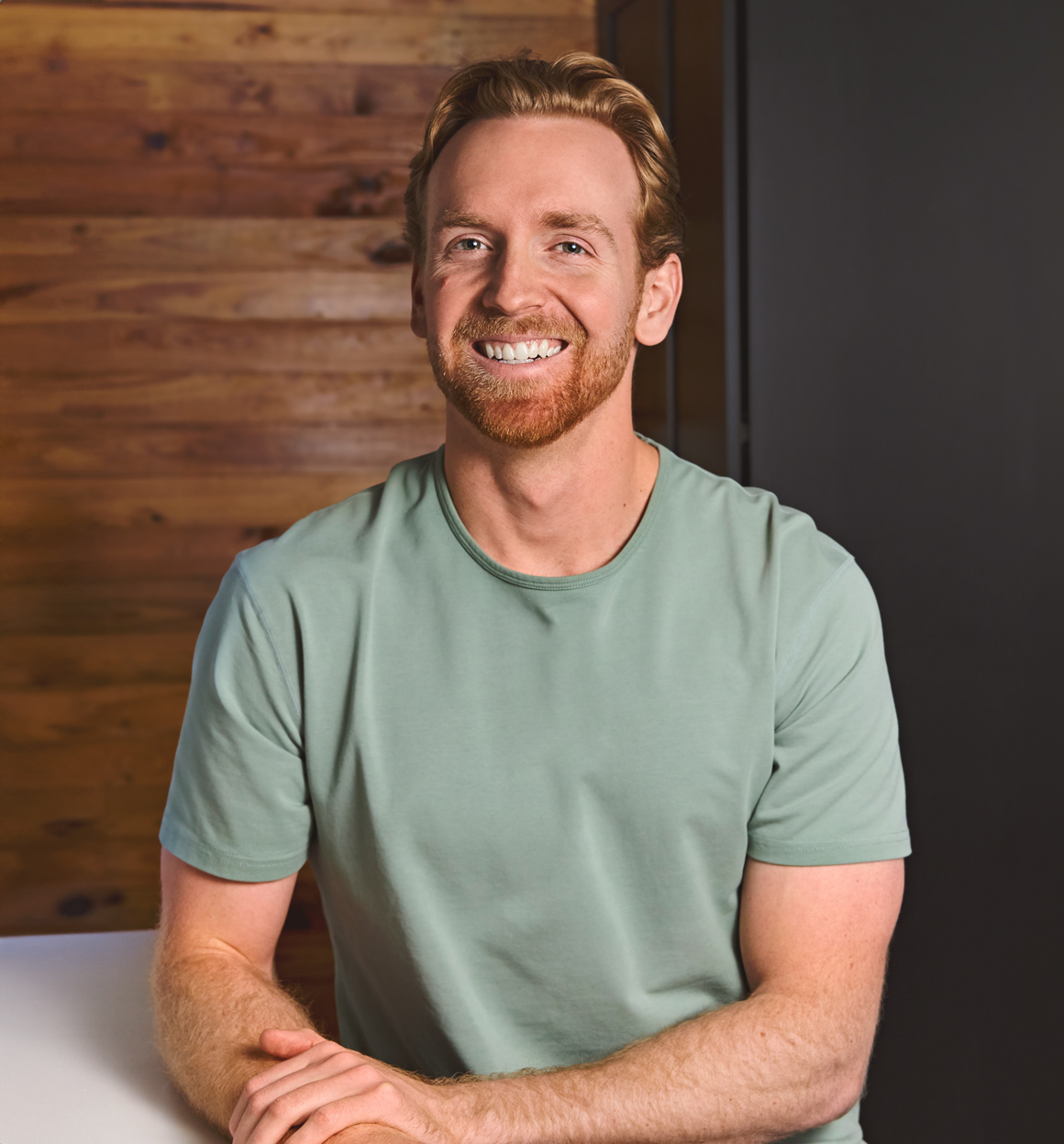We throw around the word “average” all the time—average age, average salary, average return. It sounds like a baseline we can count on. But in the real world—and especially in investing—average rarely shows up the way we expect.
Imagine you’re at a charity gala with 150 guests. The host leans over and says, “The average net worth in the room is $1 million.” An hour later, 50 more guests arrive. The host checks in again: “Now the average net worth is $75 million.” Technically accurate. Practically useless. A couple of billionaires walked in and skewed the average—without reflecting what most people in the room actually have.
LeBron James is a walking case study in averages. Across 1,562 NBA games, he’s averaged 27 points, 7 rebounds, and 7 assists. But he’s never once recorded exactly that stat line in a game. How can that be? Because averages smooth out the extremes—they’re a blend of outliers, not a forecast of what’s typical.
This applies just as much to the stock market. The S&P 500’s long-term average return is around 10% annually. Yet in the past century, the market has landed within 2% of that number in a calendar year just six times. Most years are far above or well below. Just like LeBron’s stat line, the “average” is almost never the actual experience.
Still, pundits love to declare when the market “isn’t acting normal.” But the dreaded v-word (volatility)—often misused as a synonym for negative returns—is actually standard operating procedure. In 2023, the S&P returned +24%. In 2024, +23%. That’s positive volatility. So far, 2025 has gone the other way. That’s negative volatility. These aren’t contradictions—they’re part of the same system. Volatility simply reflects how much prices move over time—up and down. It’s not a bug to be fixed, like a late fee or a parking ticket. It’s the cost of admission, like a ticket to a concert, a movie, or a basketball game. So if someone asks me what I think the market will do next year, I’ll say 9–10%, knowing full well the odds of landing there are slim. At Root, we don’t invest client portfolios based on my or anyone else’s illusion of foresight. The uncommon is the expectation. The only thing average about markets is how rarely they behave that way.
CONSIDER:
2 Legendary Founders with 2 Thoughts:
Ingvar Kamprad of IKEA –
- “Only while sleeping does one not make mistakes. Making mistakes is the privilege of the active.”
- “Experience is a word to be handled carefully. Experience is a break on development. Many people will cite experience as an excuse for not trying anything new.”
Danny Meyer of Union Square Hospitality Group –
- “Constant, gentle pressure is my preferred technique for leadership. If you’re too harsh while you’re trying to reel in a fish, the line is going to break.”
- “I want to scale the human feeling of belonging.”
Beautifully said—and that vision resonates deeply with our purpose here at Root.
–
Let’s get after it this week!
Brooks
Advisory services are offered through Root Financial Partners, LLC, an SEC registered investment adviser. This content is intended for informational and educational purposes only and should not be construed as personalized investment advice or a recommendation to buy or sell any security. Any forward-looking statements, including expectations about market returns, are hypothetical in nature, do not reflect actual investment results, and are not guarantees of future performance. Past performance is not indicative of future results.
Brooks Palmer, CFP® is Head of Investments at Root where he helps identify, evaluate, and implement the best investment solutions tailored to clients’ needs. In Full-Court Press, he breaks down what’s happening in the markets—cutting through the noise and jargon—while connecting it to Root’s core investment tenets so you can make the most of your money and your life!



